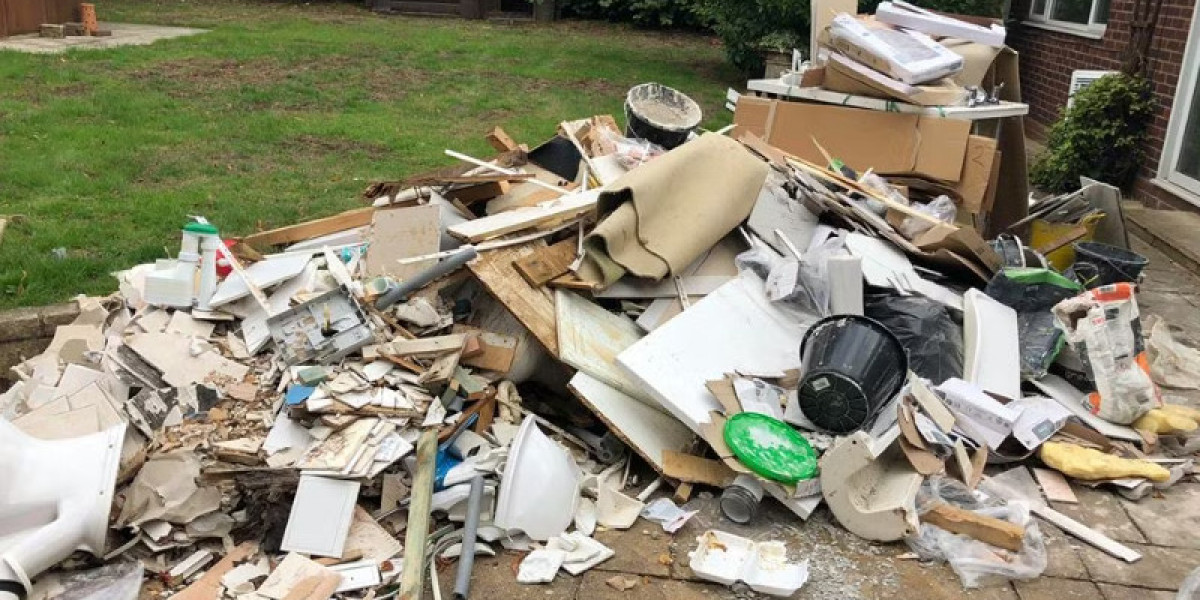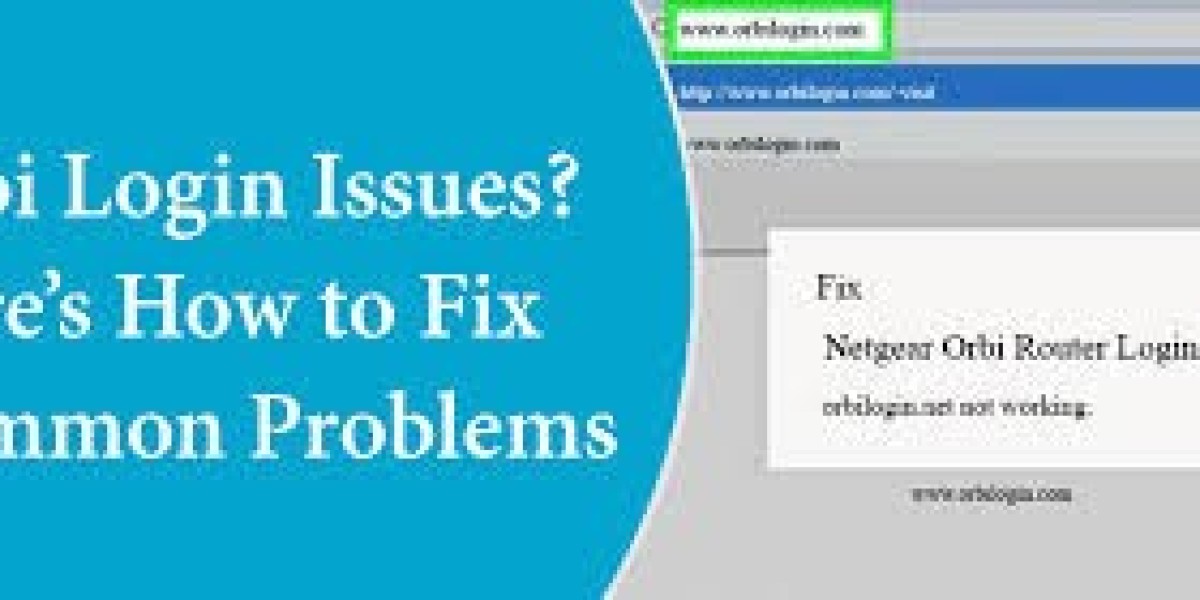In sectors like construction, engineering, and infrastructure—where projects involve multiple stakeholders, significant investments, and tight schedules—effective dispute avoidance is critical for maintaining relationships, controlling costs, and ensuring timely delivery.
Key Principles of Dispute Avoidance
Clear Contract Documentation – Well-drafted contracts with precise terms reduce ambiguity and misunderstandings.
Effective Communication – Regular, transparent dialogue between stakeholders helps identify and resolve issues early.
Early Risk Identification – Proactively addressing potential technical, financial, or scheduling risks before they impact the project.
Collaborative Problem-Solving – Encouraging a culture of cooperation instead of adversarial interactions.
Continuous Monitoring – Tracking progress, quality, and compliance to catch deviations before they grow into disputes.
Tools and Practices
Partnering Agreements – Formal arrangements promoting collaboration.
Independent Project Reviews – Periodic audits by neutral experts to identify red flags.
Dispute Review Boards (DRBs) – Panels that advise and assist in resolving issues before they become formal claims.
Benefits of Dispute Avoidance
Reduced costs compared to litigation or arbitration.
Preservation of business relationships and reputations.
Improved project efficiency and productivity.
Enhanced trust between stakeholders.
Industry Relevance
In markets with high-value, complex projects—such as the UAE and Gulf region—dispute avoidance is especially valuable. By combining sound contract management, proactive monitoring, and open communication, organizations can significantly minimize the risk of costly and time-consuming disputes.








